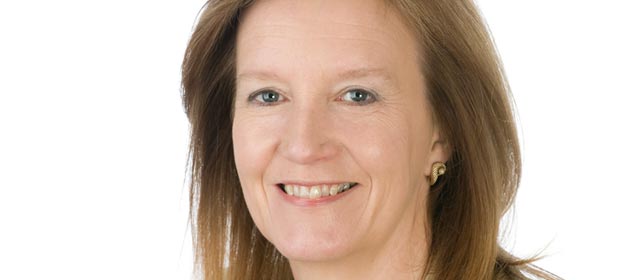A system of Universal Healthcare is needed that suits the scale of our economy and should not be compromised by vested interests, warns a new study exploring Ireland’s past attempts to move towards Universal Healthcare, Valerie Ryan reports.
A system of Universal Healthcare is needed that suits the scale of our economy and should not be compromised by vested interests, warns a new study exploring Ireland’s past attempts to move towards Universal Healthcare.

Pivotal decisions on health policy in this country have been adversely influenced by the interests of various stakeholders. Critical decisions made in the past around Universal Healthcare have had a direct impact on the shape of the current healthcare system, and the study maintains that a move to Universal Healthcare has been made more difficult because of these past choices.
The research details the opportunities of adopting a scheme of universal healthcare which arose during the past 100 years. It outlines how the opportunities seemed to be lost in order to compromise for special interest groups or due to the lack of political will. Using a Forcefield analysis technique to assess stakeholder position in terms of Universal Healthcare at critical points in history, this study demonstrates that in 1911, during the 1940s and again in the 1970s, Irish Governments declined opportunities to be part of a National Insurance Scheme (1911) or Universal Healthcare Scheme which would have provided free medical treatment for all at the point of access.
Critical decisions made in the past around Universal Healthcare have had a direct impact on the shape of the current healthcare system, and the study maintains that a move to Universal Healthcare has been made more difficult because of these past choices.
This study supports the move towards Universal Healthcare but the choice of funding model needs to be strongly evidence based. International literature shows that a single fund model for Universal Healthcare is the best fit for Ireland’s economic scale. It is transparent and simpler to regulate. A multiple fund model, as seen with the Dutch system, requires a complex and expensive risk equalization system to prevent insurance companies from cherry picking the cases with the least risk. So before a single patient is treated, the carefully collected healthcare fund is being spent on monitoring the behaviour of these insurers. The study asks the question, if a single fund model is the best fit for Ireland, why would a multiple fund model be advocated?
By compromising to powerful vested interest groups in the past, this research shows that free healthcare for all was rejected at various points in the past 100 years. In 1911, if there had been sufficient political will, Ireland could have moved to a National Health Insurance scheme.
A multiple fund model, as seen with the Dutch system, requires a complex and expensive risk equalization system to prevent insurance companies from cherry picking the cases with the least risk.
With the significant modifications to the 1947 Health Bill, the political will was evident but compromise was adopted to appease various stakeholders, and the result was the two tier system operated today. And in the 1970s, lobbying by vested interests again influenced healthcare policy at that time. Given the common thread of repeated compromise to small but powerful vested interest groups at crucial moments in Irish healthcare history, Universal Healthcare may only be acceptable to certain stakeholders, such as the health insurance industry, if they benefit from the funding model leading to yet another compromise that ultimately undermines what is best for the Irish citizen.
The work “An Exploration of Ireland’s Attempts to Move Towards Universal Healthcare and how this has Impacted Today’s Health Policy” has been carried out by Dr. Mary O’Riordan, Department of Health, HSE East and colleagues Dr. Diarmuid O’Donovan and Dr Steve Thomas and was presented at the summer scientific meeting of the Faculty of Public Health Medicine at the RCPI.

